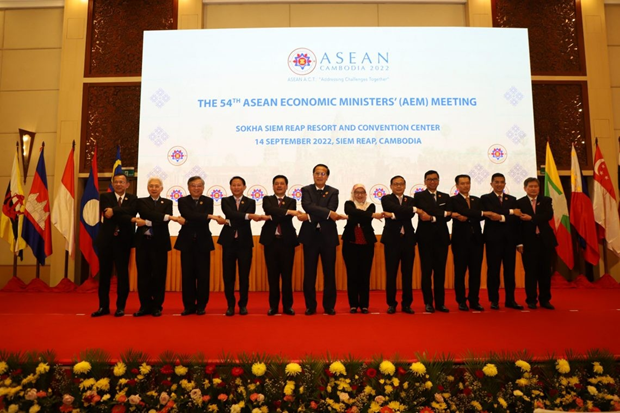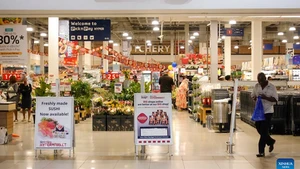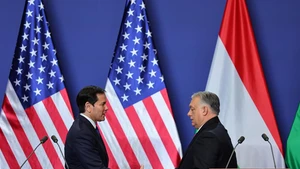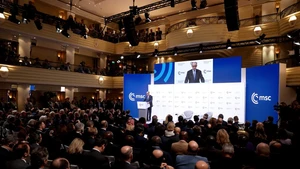The statement was issued following an RCEP Ministers' Meeting held in northwest Cambodia's Siem Reap province, on the sidelines of the 54th ASEAN Economic Ministers' Meeting.
The meeting welcomed the entry into force of the RCEP agreement on January 1, 2022, and looked forward to its ratification by all signatory states, it said.
According to the statement, the meeting shared the view that the RCEP could contribute to the region's post-pandemic recovery efforts and to creating a more resilient supply chain. In this regard, it highlighted the need to promote greater utilisation of the RCEP agreement to deepen regional economic integration.
In the meeting, the ministers noted the progress of the work of the RCEP Joint Committee and welcomed the establishment of subsidiary bodies under the Joint Committee’s supervision.
They also looked forward to the expeditious establishment of the RCEP Secretariat, on terms to be agreed by the parties, to provide secretariat and technical support to the RCEP Joint Committee and its subsidiary bodies, the statement said.
Coming into effect in January 2022, RCEP comprises regulations on digital trade, including cross-border data transfers, protection of transactions and online consumers, while providing an opportunity to strengthen the digital commerce business environment for small and medium-sized enterprises (SMEs) in Asia.
The agreement, gathering the 10 ASEAN member nations and Australia, China, Japan, New Zealand and the Republic of Korea, will cover a market of 2.2 billion people, accounting for about 30 percent of the world’s population, and a total GDP of 26.2 trillion USD.
















